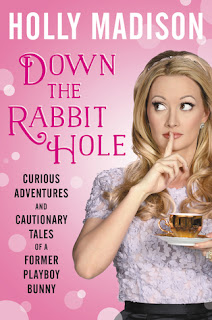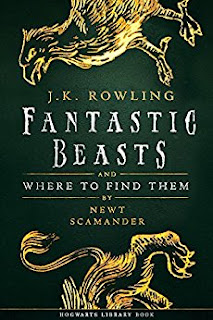'I live in Conrad Down 15, a grungy area fifteen floors underground in Conrad Bubble. If my neighbourhood were wine, connoisseurs would describe it as "shitty, with undertones of failure and poor life decisions."'
Hi!
I was absolutely over the Moon about this book even before it came out. Seriously, ever since I read The Martian by Andy Weir two years ago, I've been pretty much waiting for this one. I've been on an orbit around it, seriously. Almost like a lunatic.
I must admit, this and The Martian are almost like from different planets. The Martian was a very contained solitary adventure with a solid plot, filled with fun and jokes and written mostly like a diary. Artemis, on the other hand, was not solitary - Jazz has many interesting companions - and in some ways much more serious. It deals with a lot of topics I wouldn't have thought it would venture to. It was, still, a fun adventure.
The writing of this book wasn't necessarily like a sea of tranquility, but it was entertaining. One of my favourite things about The Martian was how I felt like I was learning new things, and this book certainly had that aspect in it too. It is, however, less science-driven and more character-driven.
Jazz is a career criminal who's grown up in Artemis, the first city on the moon. She's working hard to repay an old debt, so when she gets the chance to earn one million slugs (that's the currency) she jumps at it - turning the book into a heist storJazz is quite a complex character, and in my mind she gets points for (being female, obviously), being Saudi Arabian (representation!!), her sense of humour and her intelligence. That's not to say she wasn't sometimes annoying, but... protagonists. As I mentioned before, the rest of the cast was really cool and interesting too, and quite diverse. Jazz even has an Earth penpal living in Kenya, and their conversations provide the reader with more information on Jazz's background.
The actual plot of this book starts kind of late, and I felt that the beginning dragged a little too. Because of this, it took me almost a month to read. I bought it on day one, too! And just as unfortunately, the ending happened all too suddenly, and the whole main conflict was resolved and padded down in about 30 pages. For these pacing issues and the less scientific aspects of this book, I took it down one star. To be honest, I can imagine The Martian taking three years to write and this one taking half a year, or something of the sort. Regardless, this book was fun and I'd recommend it. I'll definitely read it again too - I'm sure there's a lot to still discover in the details.
For the Helmet 2017 reading challenge I put this in category 49: A new book of 2017 - I switched Caraval from that to 'recommended by a librarian' since I picked it up from being on show at Lahti Library.
Hi!
I was absolutely over the Moon about this book even before it came out. Seriously, ever since I read The Martian by Andy Weir two years ago, I've been pretty much waiting for this one. I've been on an orbit around it, seriously. Almost like a lunatic.
I must admit, this and The Martian are almost like from different planets. The Martian was a very contained solitary adventure with a solid plot, filled with fun and jokes and written mostly like a diary. Artemis, on the other hand, was not solitary - Jazz has many interesting companions - and in some ways much more serious. It deals with a lot of topics I wouldn't have thought it would venture to. It was, still, a fun adventure.
The writing of this book wasn't necessarily like a sea of tranquility, but it was entertaining. One of my favourite things about The Martian was how I felt like I was learning new things, and this book certainly had that aspect in it too. It is, however, less science-driven and more character-driven.
Jazz is a career criminal who's grown up in Artemis, the first city on the moon. She's working hard to repay an old debt, so when she gets the chance to earn one million slugs (that's the currency) she jumps at it - turning the book into a heist storJazz is quite a complex character, and in my mind she gets points for (being female, obviously), being Saudi Arabian (representation!!), her sense of humour and her intelligence. That's not to say she wasn't sometimes annoying, but... protagonists. As I mentioned before, the rest of the cast was really cool and interesting too, and quite diverse. Jazz even has an Earth penpal living in Kenya, and their conversations provide the reader with more information on Jazz's background.
The actual plot of this book starts kind of late, and I felt that the beginning dragged a little too. Because of this, it took me almost a month to read. I bought it on day one, too! And just as unfortunately, the ending happened all too suddenly, and the whole main conflict was resolved and padded down in about 30 pages. For these pacing issues and the less scientific aspects of this book, I took it down one star. To be honest, I can imagine The Martian taking three years to write and this one taking half a year, or something of the sort. Regardless, this book was fun and I'd recommend it. I'll definitely read it again too - I'm sure there's a lot to still discover in the details.
For the Helmet 2017 reading challenge I put this in category 49: A new book of 2017 - I switched Caraval from that to 'recommended by a librarian' since I picked it up from being on show at Lahti Library.
PS. I won't even Apollo-gise for all these puns, it was just too good of an opportunity to pass.
PPS. @ Alex, I hope you're doing well!! Thanks again for introducing Andy Weir to me! 😀






















